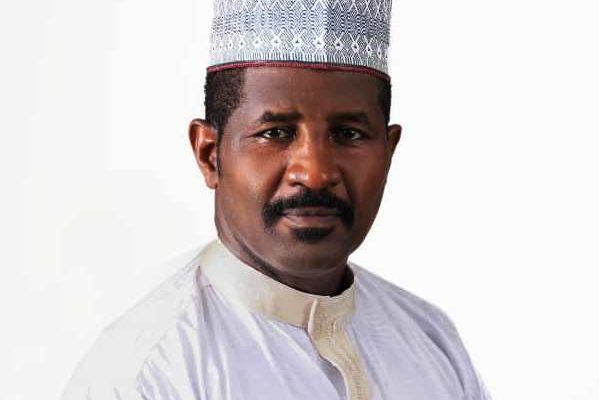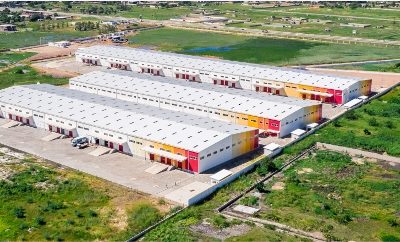Dr. Bashir Gwandu, former Acting Executive Vice Chairman of the Nigerian Communications Commission (NCC) has called on African nations to collaborate in securing 600MHz mobile spectrum allocations to bolster digital connectivity across the continent. The appeal was made at the 9th Sub-Sahara Spectrum Management Conference 2024 in Nairobi. Organised by Forum Global, the event themed on “From WRC-23 to WRC-27: Emerging Landscapes & Technologies and the Path Ahead.” Gwandu was also a former EVC/CEO of the National Agency for Science and Engineering Infrastructure (NASENI).
RELATED: Gwandu woos Czech Embassy for collaboration
A seasoned telecommunications expert with significant contributions to the ITU and Commonwealth committees, Gwandu remarked that the importance of Africa working collectively at the upcoming World Radiocommunications Conference 2027 (WRC-27). He urged African nations to enter Footnote 5.307A. This is a regulatory measure enabling spectrum allocation to a specific country or group, to ensure Africa’s digital competitiveness.
Africa’s diminishing focus on collective spectrum management
During his presentation on “The Shape of Post-WRC Spectrum Ecosystems,” Gwandu expressed concern over Africa’s diminishing focus on collective spectrum management efforts. He warned of missed opportunities to secure strategic digital advancements if unity is not prioritised. “Something clearly went wrong at WRC-23,” he stated. “As Africans, we must address it, engage in positive dialogue, and use this opportunity to foster harmonized development.”
The 600MHz (3GPP n71) band—a crucial frequency range for 4G and 5G networks—was central to the discussions. Many nations in ITU Regions 2 and 3 and even some in Region 1 have moved to allocate this band for mobile use. But several African countries remain hesitant to adopt co-primary allocation. At the WRC-23, only Egypt’s request for a primary mobile allocation of the 614-694MHz band was granted. Countries such as Rwanda and Benin blocked similar requests from 10 other African nations, including Nigeria, Senegal, and Tanzania.
Gwandu criticized this opposition, likening it to “fighting for a back seat while an available front seat remains unoccupied.” He encouraged ATU (African Telecommunication Union) to adhere to its own rules to maintain unity. Diverse development rates among African nations should not obstruct those ready to advance, he emphasised. “Countries develop at different rates, and the ITU’s Resolution 26, which calls for consent before amending footnotes, is meant to foster harmonization, not hinder progress,” he explained.
Countries advancing toward allocation for mobile in 600MHz band
The EIB veteran underscored that several countries, both in Africa and globally, are advancing toward a primary allocation for mobile in the 600MHz band. “It’s clear that the global trend is toward IMT use in this band, with some countries prepared now and others preparing to follow suit,” Dr. Gwandu noted, adding that the benefits of mobile allocation are undeniable for urban-rural connectivity and digital inclusivity in Africa.
He also highlighted that individual country needs—geographical size, population, data demands, and rural connectivity gaps—vary greatly across Africa. Therefore, a one-size-fits-all approach to spectrum allocation is unsuitable for nations as diverse as Nigeria and Rwanda. “When we meet as a family, we must consider each nation’s unique circumstances, whether that be population distribution or energy costs for rural coverage,” he emphasized.
With Africa facing a 50% urban-to-rural digital divide and high infrastructure costs, Dr. Gwandu called for a coordinated spectrum allocation strategy that aligns with each country’s unique developmental needs. His message was clear: unity and forward-thinking policies are essential to advance Africa’s digital transformation in the global landscape.































